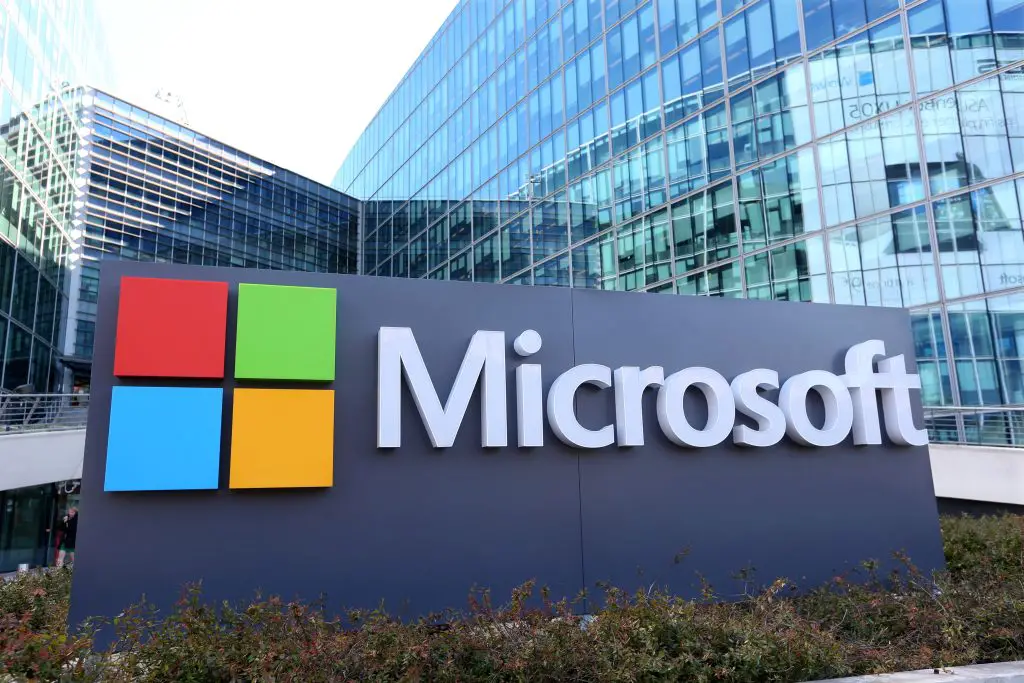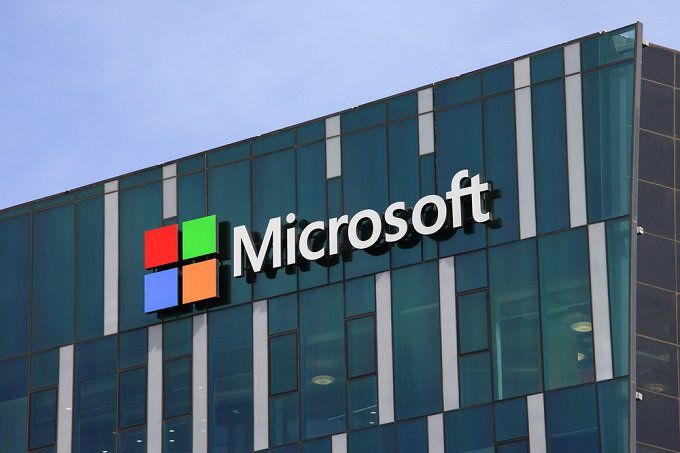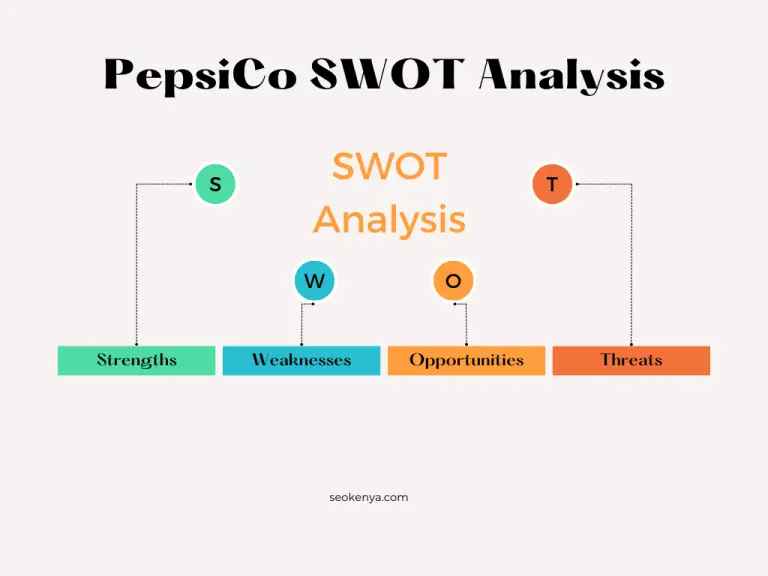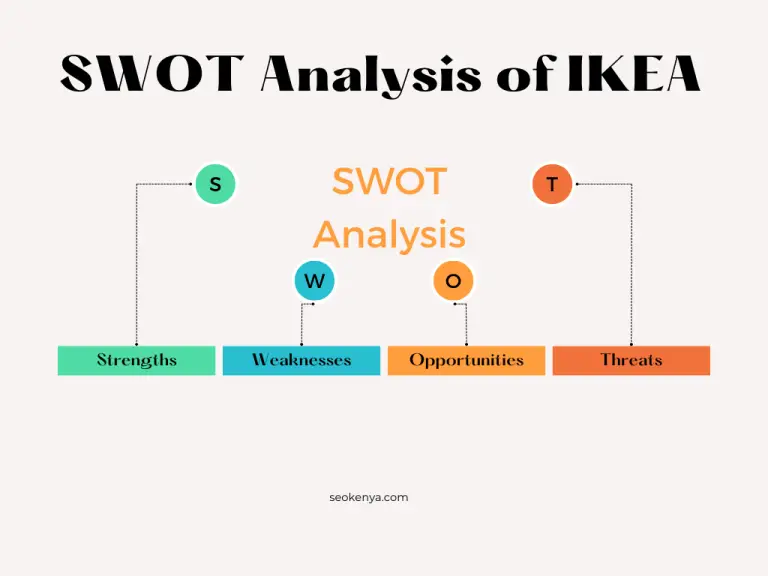Microsoft Corporation is an American multinational technology company headquartered in Redmond, Washington. It was founded on April 4, 1975, by Bill Gates and Paul Allen.
Microsoft is best known for its Windows line of operating systems, the Microsoft 365 suite of productivity applications, and the Edge web browser. The company also produces hardware products like the Xbox video game consoles and the Microsoft Surface lineup.
Microsoft has faced accusations of anticompetitive behavior and monopolistic practices, leading to concerns about vendor lock-in. It was the first company to participate in the PRISM surveillance program, although it denied involvement.
It is a global leader in the tech industry, with a portfolio of products and services that range from operating systems to cloud computing, productivity tools, and gaming.
Microsoft has faced accusations of using anticompetitive tactics and abusing its monopolistic power, leading to vendor lock-in. The company was the first to participate in the PRISM surveillance program, although it denied involvement.
Microsoft has also been criticized for its lack of diversity in hiring practices. In recent years, it faced complaints from Salesforce regarding the integration of Teams into Office 365, leading to an antitrust investigation by the European Commission that reached an impasse in 2023.
Microsoft has a significant market presence and has released various successful products like Windows 95 and Windows XP, as well as expanding into new markets such as creating the cable news channel MSNBC and developing Windows CE for devices with low memory constraints.

Microsoft Company Overview
Here’s an overview summary of Microsoft in a table format:
| COMPANY NAME | MICROSOFT CORPORATION |
| Founded | 1975 |
| Headquarters | Redmond, Washington, U.S. |
| Industry | Technology, Software, Computing |
| Products | Operating Systems (Windows), Office Productivity Suite, Cloud Services (Azure), Enterprise Software (Server Products), Gaming (Xbox), Search Engine (Bing), Hardware (Surface) |
| Key Figures | – Revenue (FY 2022): $198.3 billion
– Net Income (FY 2022): $72.7 billion – Employees (2022): Approximately 221,000 |
| CEO | Satya Nadella |
| Company Description | Microsoft is a multinational technology company that develops, manufactures, licenses, and sells computer software, consumer electronics, personal computers, and related services. It is best known for its software products, including the Windows operating system, Microsoft Office suite, and Internet Explorer and Edge web browsers. Microsoft is also a leader in cloud computing services with its Azure platform and has a significant presence in the gaming industry with the Xbox console and related services. |
This table provides a concise overview of Microsoft, covering key information such as its founding year, headquarters, industry, major product lines, key financial figures, CEO, and a brief company description.
In this article, we will analyze the strengths, weaknesses, opportunities, and threats of Microsoft and how they impact the company’s market position.
Strengths of Microsoft
Microsoft has several strengths that enable it to maintain its dominance in the tech industry.
Brand Recognition and Reputation
Microsoft is a well-established brand with a strong reputation in the market. The company’s brand recognition is a key strength, as it helps to attract customers, partners, and employees.
Diversified Portfolio
Microsoft’s diverse portfolio of products and services helps to reduce the impact of economic fluctuations on its revenue. The company’s offerings include Windows operating systems, Office productivity tools, cloud computing services, and gaming systems, which cater to different segments of the market.
Strong Financial Performance
Microsoft has a strong financial performance, with consistent revenue growth and high profitability. The company’s financial strength enables it to invest in research and development, acquire startups, and expand its market presence.
Focus on Innovation
Microsoft has a strong focus on innovation, which helps the company to stay ahead of its competitors. The company invests heavily in research and development, which has led to the development of new and innovative products, such as the Surface and HoloLens.
Weaknesses of Microsoft
Despite its strengths, Microsoft also has several weaknesses that could impact its market position.
Dependence on Windows
Microsoft is heavily dependent on its Windows operating system, which generates a significant portion of its revenue. The company’s dependence on Windows makes it vulnerable to changes in the operating system market, such as the shift towards mobile and cloud computing.
Competition from Open-Source Alternatives
Microsoft faces competition from open-source alternatives, such as Linux, which offer similar functionality at a lower cost. The company’s proprietary software products, such as Windows and Office, are facing competition from open-source alternatives, which could impact its market share.
Slow Adoption of Cloud Computing
Microsoft’s slow adoption of cloud computing has put the company behind its competitors, such as Amazon and Google. The company has been slow to transition its traditional software products, such as Windows and Office, to cloud-based offerings.
Opportunities of Microsoft
Microsoft has several opportunities that it can leverage to grow its market presence.
Expansion into Emerging Markets
Expanding into emerging markets, such as India and China, offers Microsoft a significant growth opportunity. The company can leverage its brand recognition and reputation to tap into the growing demand for technology in these markets.
Growth in Cloud Computing
The growth in cloud computing presents a significant opportunity for Microsoft. The company can leverage its expertise in cloud computing to expand its market presence and capture a larger share of the cloud computing market.
Partnership and Collaboration Opportunities
Partnerships and collaborations with other tech companies offer Microsoft the opportunity to expand its product portfolio and reach new markets. The company can leverage its strong brand recognition and reputation to form strategic partnerships and collaborations.
Threats of Microsoft
Microsoft faces several threats that could impact its market position.
Intense Competition
The tech industry is highly competitive, with several companies vying for market share. Microsoft faces intense competition from established players, such as Apple and Google, as well as new entrants, such as Amazon and Huawei.
Economic Fluctuations
Economic fluctuations, such as recessions and market downturns, could impact Microsoft’s revenue and profitability. The company operates in a dynamic and constantly changing market, which increases the risk of economic fluctuations.
Cybersecurity Threats
The increasing threat of cyber-attacks and data breaches poses a significant threat to Microsoft’s reputation and market position. The company’s software and cloud computing services store vast amounts of sensitive information, which makes them a prime target for cyber criminals.
Regulatory Changes
Regulatory changes, such as data privacy regulations, could impact Microsoft’s business operations. The company must remain compliant with changing regulations to maintain its market position and reputation.
Conclusion
Microsoft is a dominant player in the tech industry, with a strong brand recognition and reputation, a diversified portfolio of products and services, and a focus on innovation.
However, the company also faces challenges, such as intense competition, cybersecurity threats, and regulatory changes.
Nevertheless, Microsoft has several opportunities to grow its market presence, such as expanding into emerging markets, growing its cloud computing services, and forming partnerships and collaborations with other tech companies.




